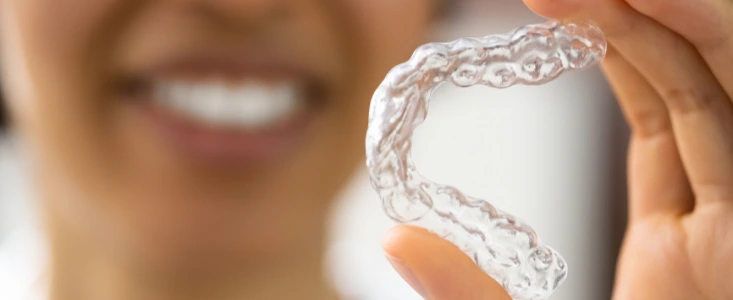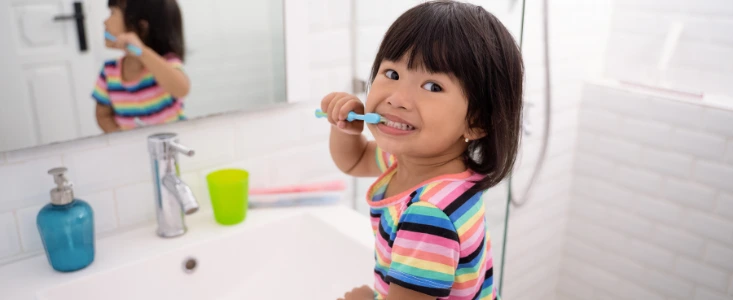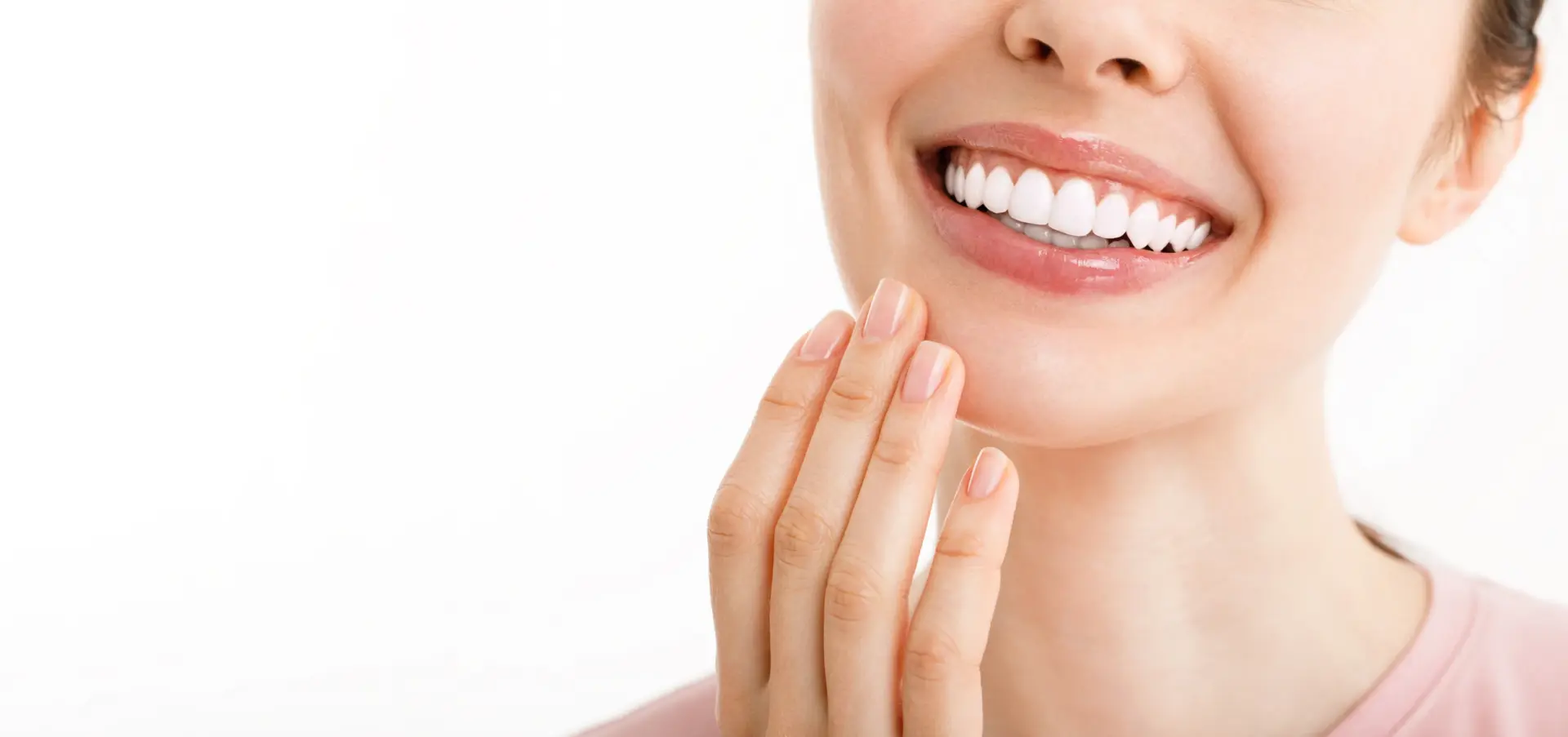Did you know that your baby is born with all 20 primary teeth? They’re just nestled below the gumline until your child is about 6 months old. The teeth begin to come through between 6 to 12 months, and most children have their full set of teeth by the time they are 3 years old. This can be an uncomfortable time for your baby, but there are several things you can do to help alleviate your baby’s pain.
How Do I Know My Baby is Teething?
Here are a few signs that will alert you that your baby is teething. These symptoms are completely normal, but they won’t last forever. So, hang in there!
- Fussiness
- Difficulty Sleeping
- Irritability
- Loss of Appetite
- Drooling More than Usual
However, the following are not associated with teething. If your child develops these symptoms, call your pediatrician.
- Diarrhea
- Fever
- Rash
How Can I Soothe My Teething Baby?
When the teeth begin to erupt, your child will have sore or tender gums. Try to remember that their sleeplessness and crankiness are simply their way of communicating discomfort. You can help soothe their sore gums by gently rubbing a clean finger, a cool spoon, or a moist gauze pad, over the tops of their gums. You can also give your child a clean teether to chew on. Just be cautious about the teething material you choose. Not all teethers are safe, even if they are marketed as a teether. A solid rubber teether is the safest option. They cannot break like liquid-filled teething rings or plastic teethers.
Are Numbing Gels or Teething Tablets Safe?
The FDA advises parents against numbing gels or products containing benzocaine for children under 2. Benzocaine is an over-the-counter anesthetic under the names Orajel, Baby Orajel, Anbesol, Hurricaine, and Orabase. According to the FDA, “These products carry serious risks, and provide little to no benefits for treating oral pain, including sore gums in infants due to teething.” In fact, benzocaine has been associated with a rare, but sometimes fatal, condition called methemoglobinemia. This is a serious disorder that significantly reduces the amount of oxygen carried through the bloodstream.
Homeopathic teethers are not tested and approved by the FDA, and therefore often have more belladonna, a toxic substance, than is identified on the label. This substance can put your child at unnecessary health risks. If you give your child a homeopathic gel or tablet and he or she has seizures, difficulty breathing, lethargy, excessive sleepiness, constipation, difficulty urinating, or muscle weakness, contact your pediatrician immediately.
While the teething stage can feel long and difficult for both you and your child, remember that it’s just a season! Your happy, good sleeper will return! If you have questions or concerns about your teething baby, contact your dentist or pediatrician. At Atkins & Anderson, DDS, we’re here to give you advice about how to relieve discomfort due to teething or answer any questions you might have about your child’s teeth. Then, when they’re around 3 years old, we’ll be ready to see them!
Share
Do you grind your teeth when you’re sleeping? Do you suffer from chronic headaches or jaw pain from clenching your teeth? When left untreated, these conditions can cause chips and cracks in your teeth and other dental problems. Wearing a custom-made mouthguard at night helps reduce your teeth-grinding symptoms and improve your sleep. Keep reading
Healthy gums are the foundation for a healthy smile because they support and protect your teeth. That’s why gum health is essential for a bright and beautiful smile. Here are some six tips to help keep your gums (and smile!) healthy. Brush Your Teeth Twice a Day Brushing your teeth twice daily is crucial for
Helping your child develop the healthy habit of brushing their teeth can be challenging. Boredom is one of the main reasons kids push back against brushing their teeth, so why not find a way to make the process fun? Here are four tips to encourage your kids to brush their teeth. Sing a Song or





